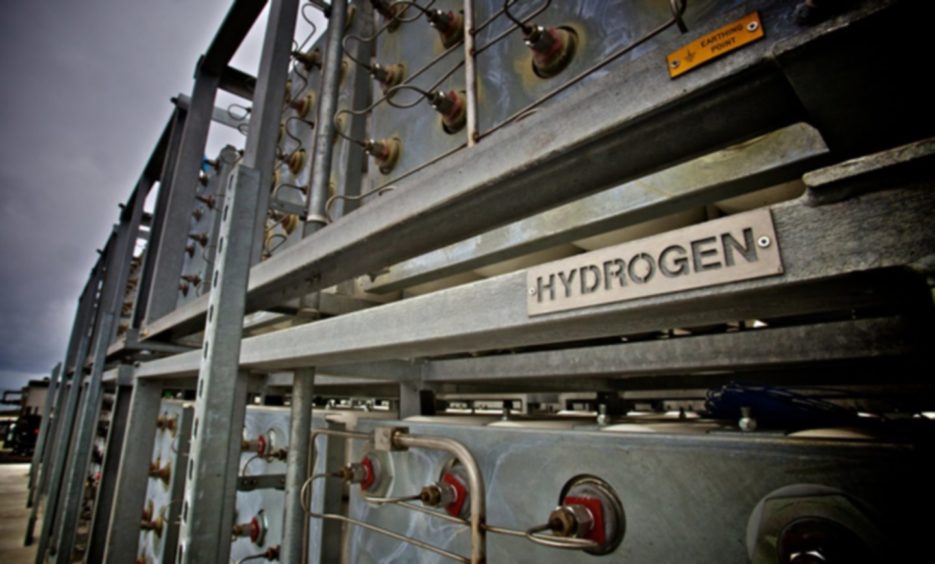
The newly launched Energy Security Strategy will be supported by a £375 million funding package to help develop “cutting-edge energy technologies” spanning hydrogen, carbon capture and nuclear.
Launched on Thursday, the Energy Security Strategy promises a major boost to nuclear, offshore wind and hydrogen to ensure up to 95% of UK electricity is low carbon by 2030, and to deliver “40,000 more jobs in clean industries” within that timeframe.
Following its publication, the government announced a series of funding initiatives totalling £375m to help unlock investment and opportunities in hydrogen, advanced nuclear and carbon capture utilisation and storage (CCUS).
Issued as part of the Net Zero Innovation Portfolio (NZIP), this will be used to develop “innovative energy technologies” that will power British homes and businesses and “further strengthen the nation’s energy security”, the Department for Business, Energy and Industrial Strategy (BEIS) said.
However, few portions of the funding appear to be new, with much having been announced prior to the development of the Energy Security Strategy itself.
This includes the £240m Net Zero Hydrogen Fund, first trailed in the Hydrogen Strategy plans announced in August. Initially aimed at increasing blue and green hydrogen production capacity to 5GW by 2030, it will now have to stretch to funding 10GW by the same date.
The package supports schemes such as the Hydrogen Supply Competition and the Green Distilleries fund, among others.
In addition, £100m will be committed to the Hydrogen Business Model, used to subsidise electrolytic projects by covering the difference between the cost of production (the strike price) and the sale price for hydrogen (reference price). Funding for this programme will launch in summer 2022, BEIS said.
£26m has been set aside for an industrial accelerator programme to support industry adoption of hydrogen in sectors like manufacturing, in a drive to reduce the cost of fuel switching.
Meanwhile, a £2.5m competition will be launched to help build UK advanced modular reactors (AMRs), with technology developers awarded funding to progress their projects.
In addition, £5m will be used to accelerate CCUS technologies under the ACT 3 scheme – an international research and innovation initiative between 14 countries including the UK. The funding will support the commercialisation of technologies, so that UK companies can invest in promising ideas.
BEIS said it would also “a range of important documents and guidelines” to support the development of these industries.
Business and Energy Secretary Kwasi Kwarteng said: “This investment will unlock the enormous potential of hydrogen fuel, advanced nuclear reactors and Carbon Capture to level up the UK energy landscape and deliver for businesses and households.
“High gas prices and Russia’s aggression in Ukraine have highlighted the urgent need to produce more of our energy here in the UK.
“That’s why we have set out bold plans to harness clean, cutting-edge, homegrown technologies and build the energy security we need for the future.”
